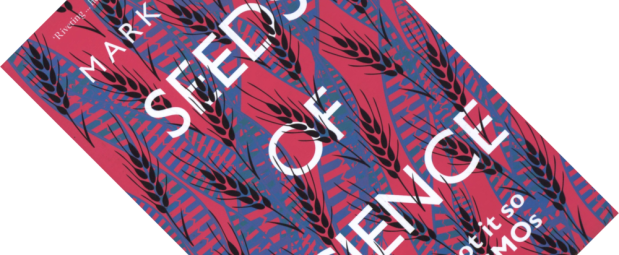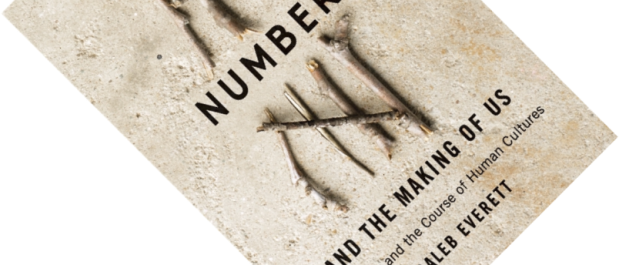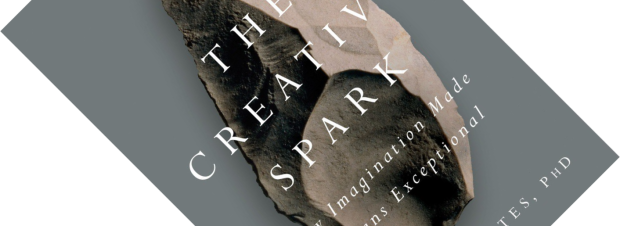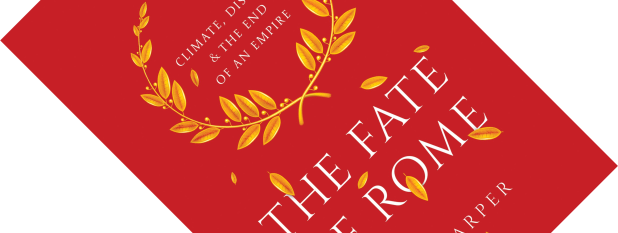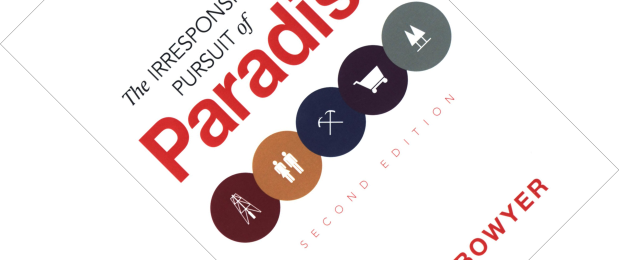As a biologist, the opposition to genetically modified organisms (GMOs) both baffles and vexes me. Spurious claims are being bandied about by people and organisations who seemingly haven’t a clue about genetics, and there has been a long-running campaign of fearmongering by large conservation bodies, notably Greenpeace. Like the “debate” around climate change or creationism, the dialogue has become toxic and polarised, and anyone who does not oppose is likely to be called a “Monsanto shill”. As this is first and foremost a book review though, I will try to keep my personal views on this issue aside for another time. This book, then, has a very interesting premise. A book arguing why we got it wrong on GMOs, written by a former anti-GMO activist.
technology
Book review – Numbers and the Making of Us: Counting and the Course of Human Cultures
What makes us human? Various authors have dished out various reasons in recently published books. From culture to cooking to creativity (see Fuentes’s The Creative Spark I reviewed previously). Caleb Everett, a professor of linguistic anthropology, here makes the point that the invention of numbers, which could be considered another instance of human creativity at work, has been an instrumental tool in allowing humans to transform the world. Without them, quantities exist, but we have only a vague awareness of them.
Book review – The Creative Spark: How Imagination Made Humans Exceptional
With his new book, The Creative Spark, Agustín Fuentes, a primatologist and anthropologist currently at the University of Notre Dame in Indiana, boldly puts forth the idea that what makes humans special is creativity. The ability of humans to switch back and forth between considering what is, and dreaming of what might be, and to then put these thoughts into actions (often collaboratively), has brought us a very long way from our primate origins to the tool-wielding, world-shaping force of nature of today. Along the way, Fuentes wants to do away with some of the dominant narratives regarding human evolution today, or rather, he thinks most of them oversimplify things and lead to distortions in our thinking. Instead, he presents a new synthesis that places creativity front and centre stage as being the most important mechanism that helped us overcome challenges.
Book review – The Fate of Rome: Climate, Disease, & the End of an Empire
Somewhere in chapter 2, Kyle Harper remarks how historians have become unintentional beneficiaries of ongoing climate change, as scientists turn to palaeoclimatic records such as ice cores, tree rings, and sediments to understand fluctuations in earth’s climate. This bonanza of data allows historians a new way to look at past events. And thus was born the discipline of environmental history, which emphasizes the active role the natural environment can have on human affairs. In The Fate of Rome, Kyle Harper looks at one of those defining moments in human history, the decline and fall of the Roman empire, and the role of climate change and pandemics.
Book review – The Irresponsible Pursuit of Paradise (Second Edition)
The Irresponsible Pursuit of Paradise lays bare a conundrum of our times. How is it that so many of us loathe resource extraction (e.g. the cutting down of trees for timber, or the mining of ores to produce metals), yet we absolutely adore the products that are subsequently made from these resources? We are up in arms when our forests are under threat, or companies want to start fracking in protected areas (a current concern in the UK), and when we successfully halt these things, the results are invariably hailed as a victory for the environment. Except that they aren’t.

